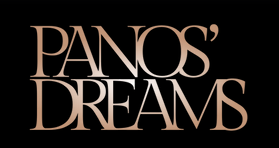Dubai’s real estate offers a myriad of investment opportunities, both direct and indirect. Here’s a breakdown of how you can navigate the market:
- Direct Property Investment:
- Definition: Owning the physical property, either for personal use or as a rental asset.
- Advantages:
- Tangible asset
- Potential for capital appreciation and fixed rent increase
- Provides diversification in a financial portfolio
- Typically has lower volatility than other assets.
- Disadvantages:
- High transaction and management costs
- Large capital requirement limits diversification
- Potential for depreciation
- Imperfect market information.
- Indirect Property Investment:
- Definition: Investing in property-backed financial instruments like shares in property development companies (Emaar, Ellington, Sobha Realty, Meraas/ Dubai Properties) or Real Estate Investment Trusts (REITs, e.g., Emirates REIT).
- Advantages:
- Smaller financial commitments possible
- Greater liquidity potential
- No direct property management needed; handled by specialists
- Opportunity for broader real estate diversification.
- Disadvantages:
- Less control over specific investments
- Associated fees (entry, exit, annual management)
- Potential lock-in periods
- Properties within these vehicles still face depreciation.
Emerging opportunities include crowdfunding platforms such as Stake or Smart Crowd, allowing exposure to Dubai’s residential market with a minimal investment of AED 5,000. Moreover, 2022 introduced the concept of fractional ownership, enabling up to four individuals to co-own a property.

